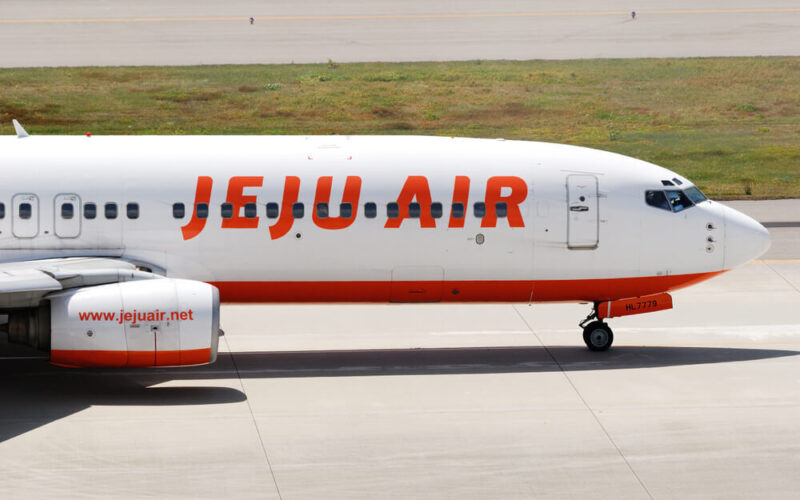While carriers around the world have been negatively affected by the coronavirus outbreak resulting in a massive amount of lost revenue, some are using the opportunity to buy majority equity on the cheap.
On March 2, 2020, Jeju Air announced that it would buy a 51% stake in Eastar Jet for $40.7 million (KRW48.5 billion), resulting in consolidation in the fairly overcrowded low-cost carrier market in South Korea. Previously, Jeju Air, which is based in Jeju International Airport (CJU), indicated that it wanted to buy a 51% equity in Eastar Jet in December 2019 for about $58.9 million (KRW69.5 billion).
Jeju Air argued that the purchase is done to “enhance competitiveness and synergy” as an airline – the two low-cost carriers have been operating in a fairly difficult environment recently.
Diplomatic troubles and 737 MAX issues
In September 2019, Easter Jet already announced that it has faced its “biggest crisis” since the low-cost carrier started flying in 2009, as it asked its flight attendants to take unpaid leave holidays to cut down on costs. Jeju Air, on the other hand, started operating under an emergency management system as it had to trim its expenses significantly: after finishing 2018 with a $59.4 million (KRW70.8 billion) net profit, the South Korean low-cost carrier ended 2019 with a $28.6 million (KRW34.1 billion) loss.
And the breakout of the coronavirus is only the cherry on top of a very problematic pie. While South Korea has the second-largest number of confirmed cases, the diplomatic spat over trade between South Korea and Japan, which resulted in a significant drop in tourism flows since August 2019, as outbound traffic from South Korea has been on a steady decline.
Furthermore, the Boeing 737 MAX crisis has had some impact on both airlines. Easter Jet signed up for six of Boeing’s newest wide-bodies, with two delivered in December 2018 and subsequently grounded in March 2019 after the second fatal crash in Ethiopia. The rest of the aircraft are already built and are awaiting the green light from regulators for Boeing to deliver them to Eastar Jet, according to planespotters.net data. Jeju Air ordered 50 MAX aircraft in November 2018, with planned deliveries between 2022 and 2026. However, with the suspended production and planned resumption of service only in mid-2020, the deliveries would be potentially moved further up the years as Boeing will have a massive backlog on its hands upon the un-grounding of the aircraft.
In total, Jeju Air currently operates 45 Boeing 737-800 NG aircraft, while Eastar Jet flies 21 737 NGs, not including the two grounded 737 MAX aircraft.

